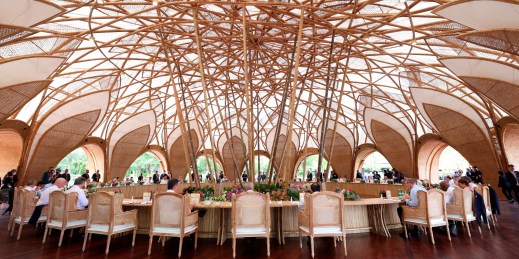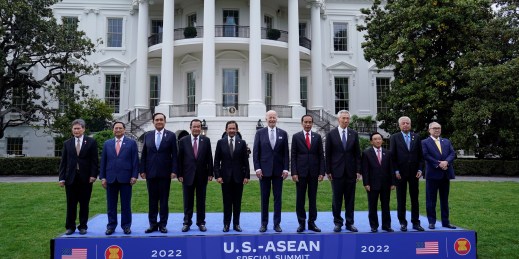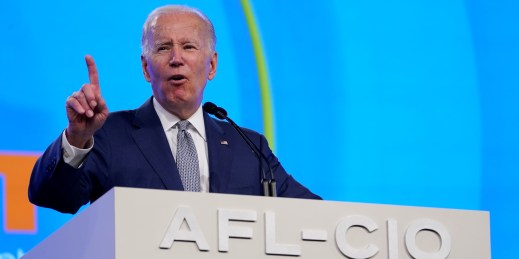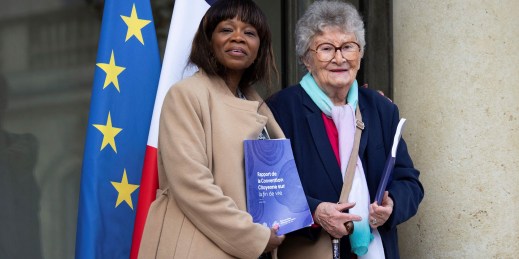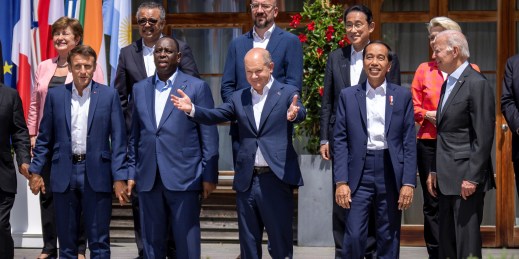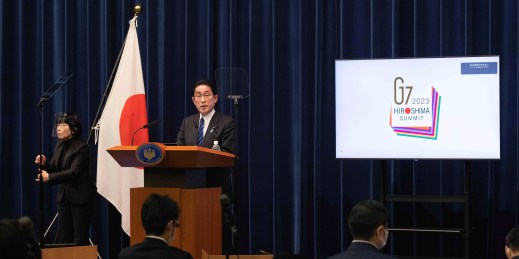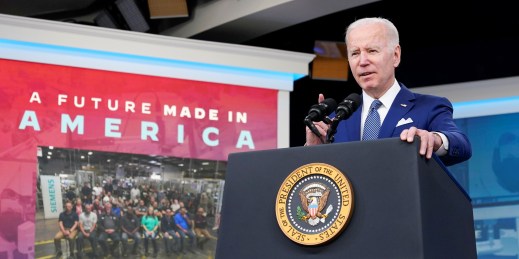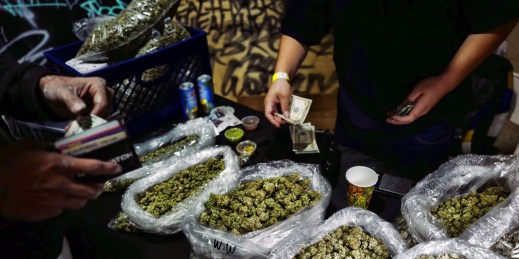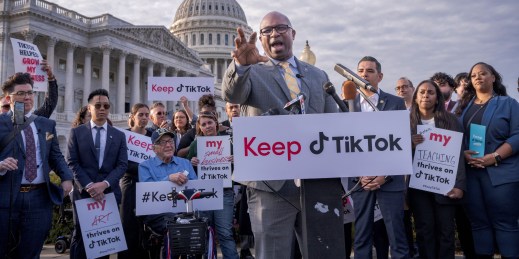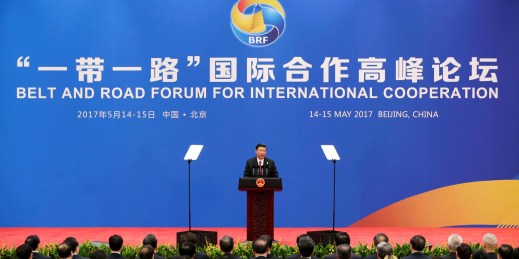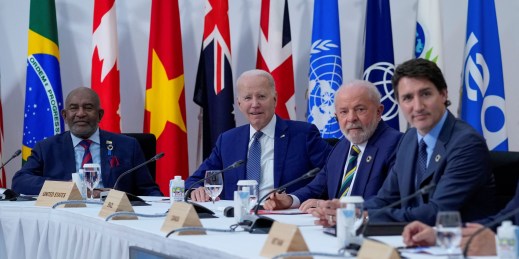
A major theme of this year’s G-7 summit was the stated efforts by the rich, industrialized nations that make up the group to engage with the Global South. But that did not translate to substantive outcomes, as the Global South’s concerns took a back seat to the West’s geopolitical competition with an axis led by China and Russia.

